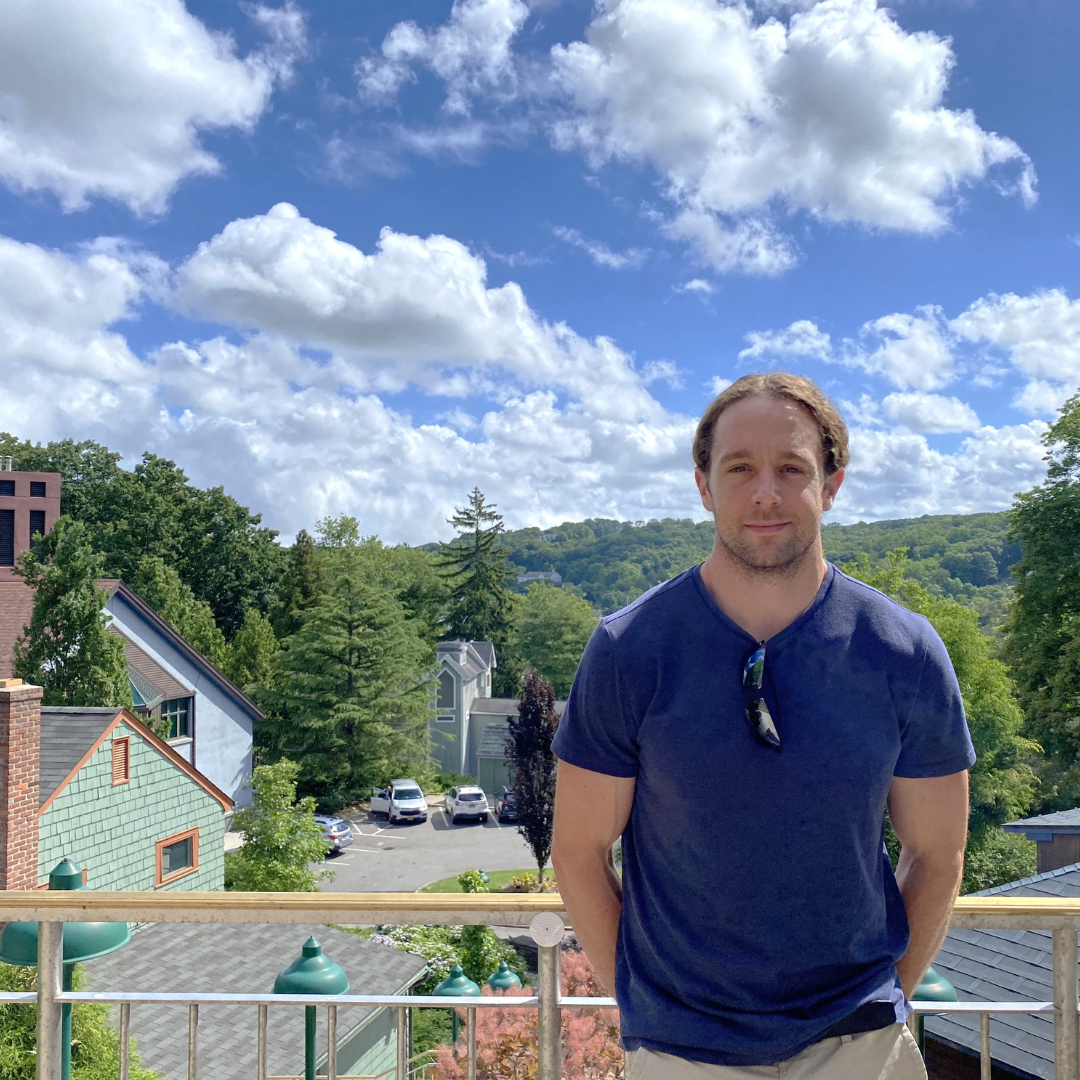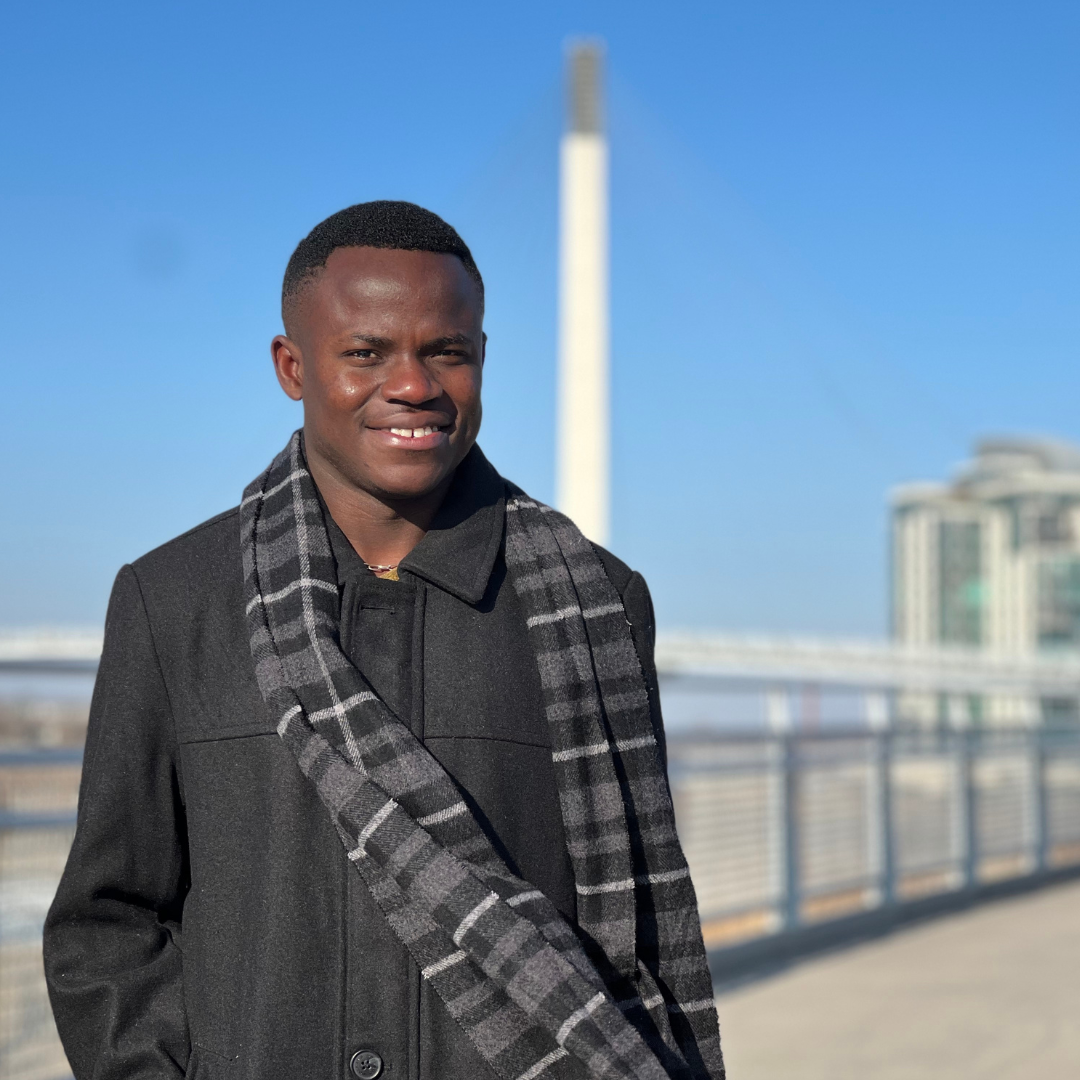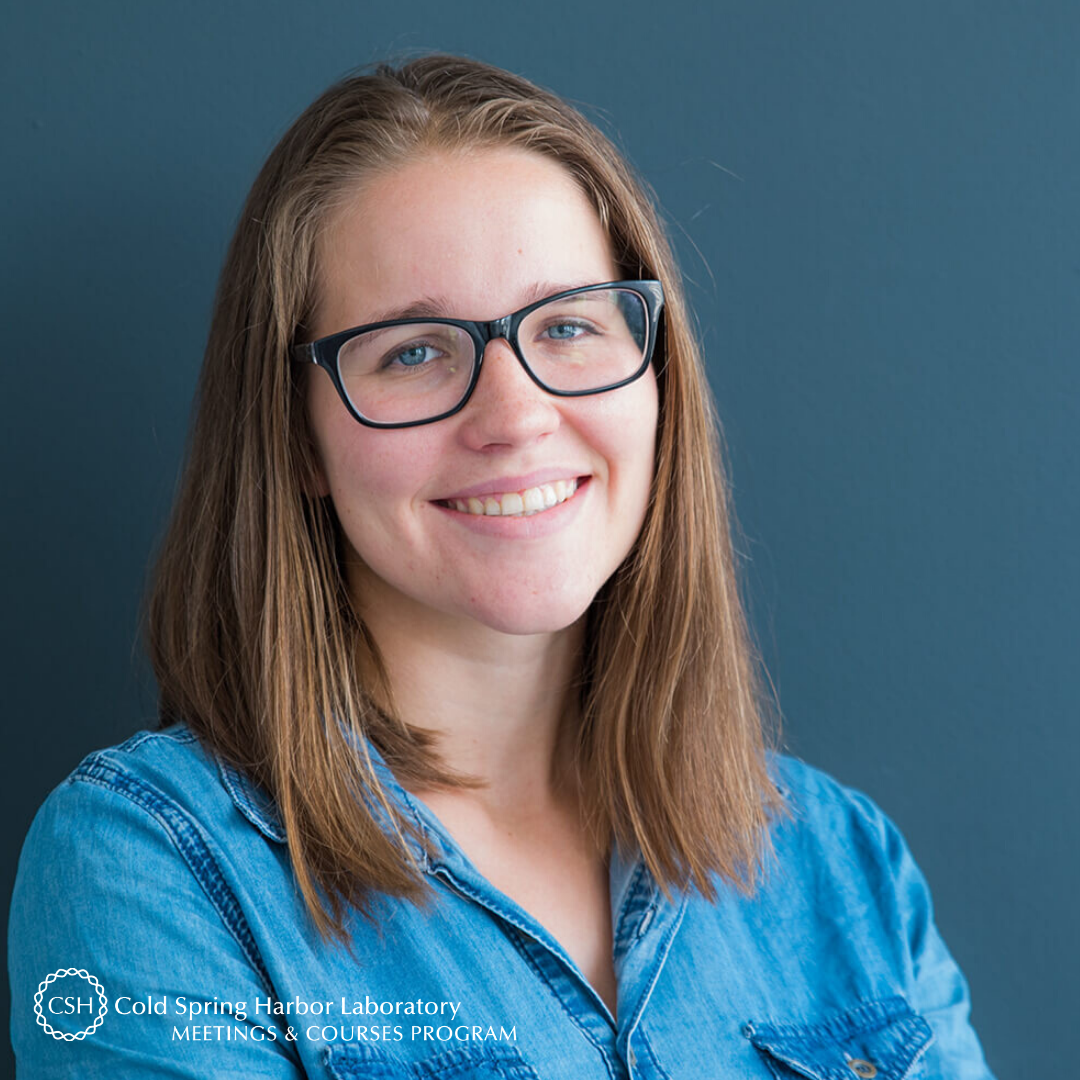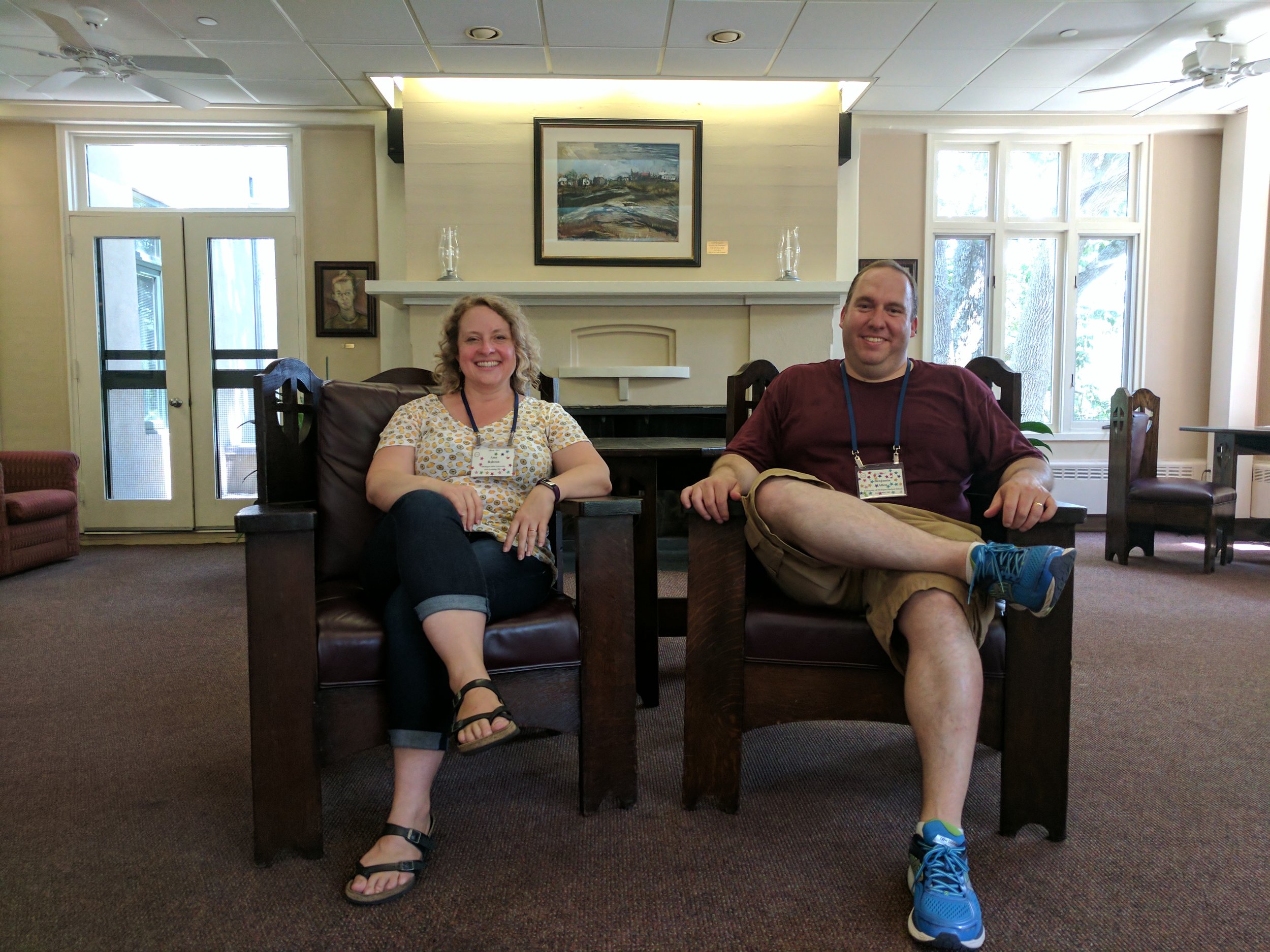Meet Kyle McAndrews of the University of Nebraska Medical Center (UNMC)! Kyle is a 4th year doctoral student in the Cancer Research Graduate Program and a member of Tony Hollingsworth’s lab. He attended our 2022 workshop on Pancreatic Cancer.
Tell us about your research.
My project is focused on the pancreatic ductal glands, which are a progenitor niche of the main pancreatic duct. We are interested in determining their contribution to pancreatic cancer initiation and progression.
How did you decide to focus on this area/project?
My undergraduate degree was in Wildlife Ecology and Biology and I actually did not plan to become a lab rat, but I was hired as a lab technician in Dr. Sarah Thayer’s laboratory at UNMC, which is where my project began and I became excited about pancreatic cancer research, especially how and where in the pancreas it is initiated.
What and/or who is the inspiration behind your scientific journey?
I first became interested in science when I was a child through my father’s (and later my own) aquarium hobby. I found myself wanting to learn more and more about the natural world. I also had a lot of great science teachers and professors throughout my education that were truly excited about science and encouraged me to continue learning.
What impact do you hope to make through your work?
I hope that my work can help us understand some of the earliest events in the initiating processes of pancreatic cancer. Any knowledge gained surrounding the earliest stages of disease will have important implications for detecting the disease and intervening sooner.
What do you love most about being a researcher?
Being on the cutting edge of what we know is extremely exciting, the seemingly infinite complexity of Biology is mind boggling and being a part of advancing human knowledge is both fulfilling and important.
What drew you to apply to this course?
Some of my lab mates had attended previously and had an amazing experience.
Kyle sectioning frozen tissue sections of mouse pancreas.
What is your key takeaway from the Course; and how do you plan to apply it to your work?
That all of the models which we use to study disease have limitations and that we always need to keep this in mind when making conclusions about data. There are seemingly infinite cell to cell interactions happening at all stages of pancreatic cancer, many of which we are just beginning to scratch the surface. This course has helped broaden my perspective and allowed me to look at my own project from angles that I had never previously considered.
What feedback or advice would you share with someone considering to participate in this course?
Ask questions, make friends and connections to everyone here! There is so much knowledge and experience and having such an intimate setting with leaders in the field is truly priceless.
What’s the most memorable thing that happened during the Course?
Honestly the fact that everything was so casual was a relief. I definitely packed too many polos and pants. Seeing experts in the field from around the country just be who they are and not in their normal professional setting was awesome.
Is this your first in-person course/workshop since the pandemic? If so, any thoughts you’d like to share?
This is my second in-person course/workshop since the pandemic. It was nice to interact with people from outside of my normal routine and setting, which has at times been hard or impossible in the last couple of years.
What do you like most about your time at CSHL?
Playing card games with other attendees after our long days and going for a run down to Lloyd Harbor Road when I could fit it in before dinner was great. As a native Nebraskan I appreciate any second I can spend near salt-water.
Kyle received a scholarship from the Helmsley Charitable Trust to cover a portion of his course tuition. On behalf of Kyle, thank you to the Helmsley Charitable Trust for supporting and enabling our young scientists to attend a CSHL course where they expand their skills, knowledge, and network.
Thank you to Kyle for being this week's featured visitor. To meet other featured scientists - and discover the wide range of science that takes part in a CSHL meeting or course - go here.
Images provided by Kyle McAndrews
















